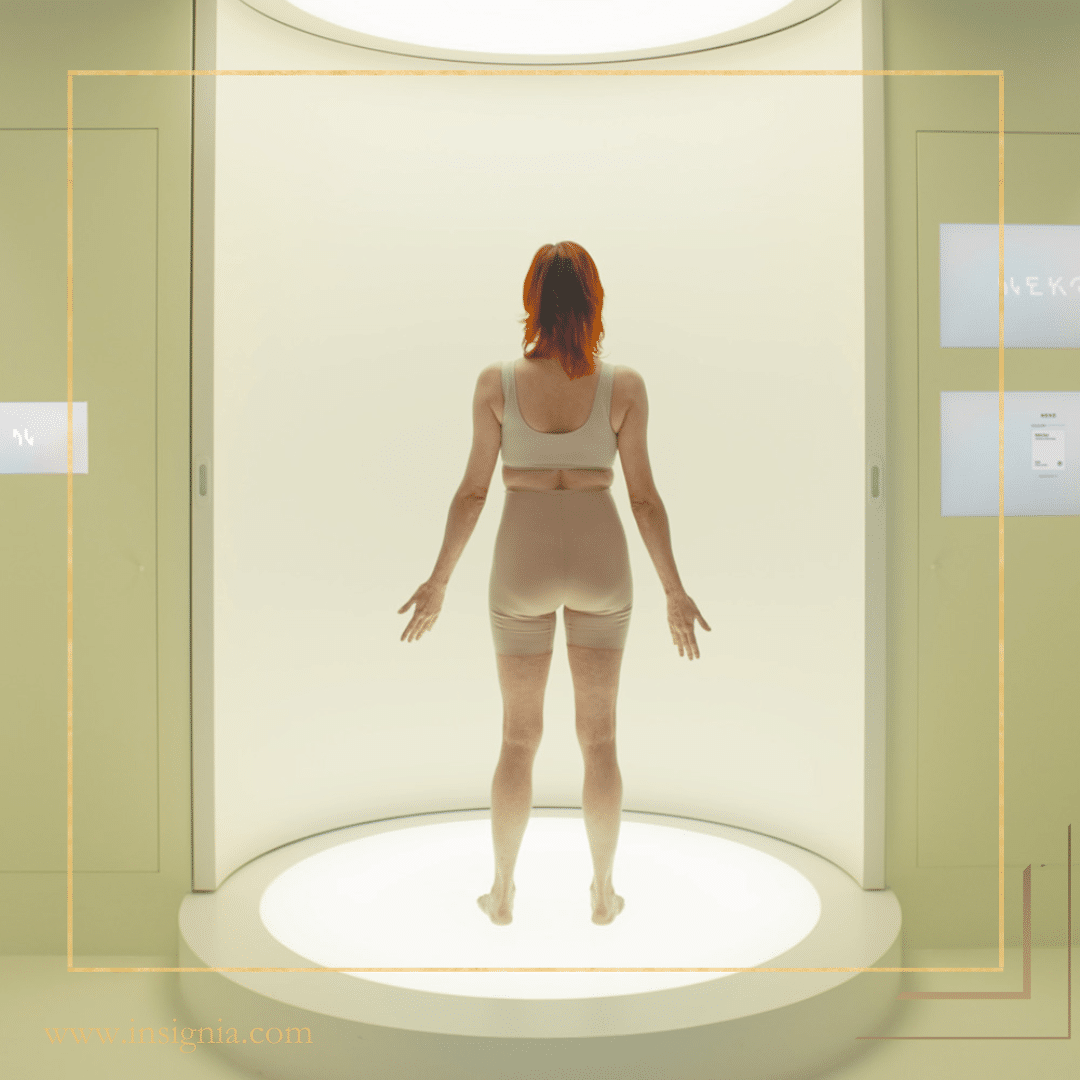
Artificial intelligence (AI) and robotics are revolutionising the healthcare industry by enhancing patient outcomes, reducing healthcare costs, and improving operational efficiency. The impact of AI and robotics in healthcare is evident in various areas, including diagnosis and treatment, patient monitoring, drug development, and healthcare delivery.
AI plays a crucial role in diagnosis and treatment. For example, machine learning algorithms analyse medical data, including medical images such as X-rays or MRI scans, to provide physicians with real-time insights into patient data. This helps them make more accurate diagnoses and develop more effective treatment plans.
Robots also assist in surgeries, allowing surgeons to perform complex procedures with greater precision and accuracy. Additionally, AI-powered chatbots and virtual assistants are available to patients 24/7 to manage their health, provide medical advice, and answer questions.
Patient monitoring is another area where AI and robotics are transforming healthcare. Wearable sensors can collect and analyse patient vital signs data in real time, allowing physicians to identify potential health issues before they become serious. AI can also analyse large datasets to identify patterns and trends, enabling healthcare providers to intervene early and prevent the onset of serious illnesses.
AI is also being used to personalise treatment plans for individual patients. By analysing patient data, including genetic and environmental factors, AI can help clinicians tailor treatment plans to each patient’s unique needs, reducing the need for trial-and-error treatments and improving patient outcomes.
In drug development, AI is helping pharmaceutical companies analyse large datasets to identify potential drug candidates more quickly and accurately, reducing costs and improving patient outcomes. AI can also analyse large datasets and identify potential drug targets, allowing researchers to develop new drugs more efficiently and accelerating the development of new treatments for various diseases and conditions.
Two companies at the forefront of AI healthcare are DataRobot and NEOM. DataRobot’s AI algorithms are designed to analyse large datasets, identify patterns that improve patient care, and optimise scheduling and resource allocation, reducing wait times, improving patient satisfaction, and reducing costs. Their AI solutions can also predict patient outcomes by analysing patient data, such as medical histories and test results, allowing healthcare providers to intervene early and provide preventive care, improving patient outcomes and reducing healthcare costs.
NEOM focuses on creating sustainable communities prioritising health, well-being, and biotech. They are committed to finding innovative solutions to pressing health challenges and developing new technologies, including wearable devices and digital tools, to help people monitor and manage their health more effectively.
While AI and robotics have the potential to revolutionise healthcare, some challenges need to be addressed, including job losses as machines replace human workers, patient privacy, and data security concerns. Healthcare providers must use these technologies responsibly, protect patient data, and comply with relevant regulations.
In conclusion, AI and robotics are transforming healthcare by making it more accessible, efficient, and patient-centred. AI and machine learning are set to impact the future of healthcare significantly, revolutionising patient care, drug development, and data management. While there are some concerns about patient privacy and data security, if used responsibly, these technologies could help to improve patient outcomes and reduce the cost of healthcare for everyone.
Discover how Insignia Wellness can help you achieve optimal health and well-being by visiting our “Cards” section.





















